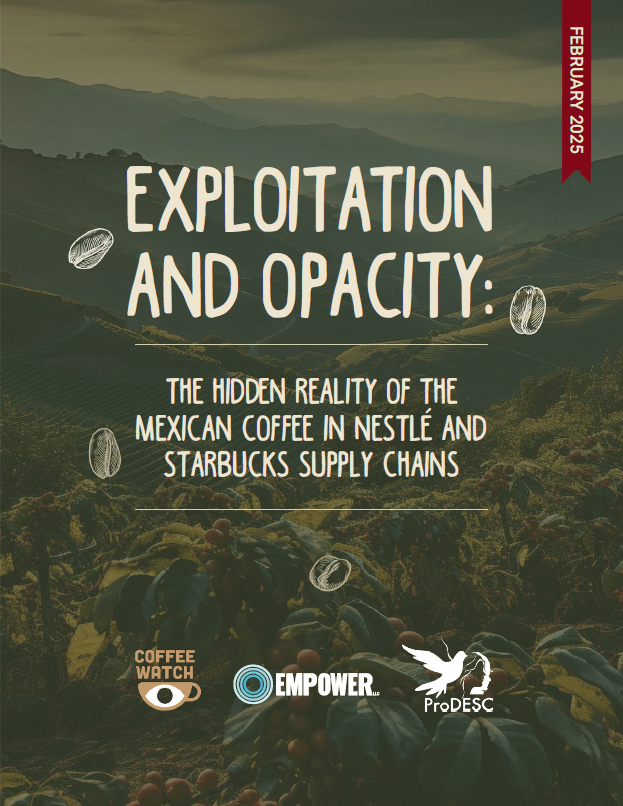14 Feb Exploitation and Opacity: The Hidden Reality of the Mexican Coffee in Nestlé and Starbucks Supply Chains
This report exposes labor exploitation, opacity in the supply chain, and the environmental impacts of coffee production in Mexico, focusing on the supply chains of Nestlé and Starbucks. It reveals that significant coffee traders set purchasing prices that do not cover production costs, keeping coffee growers in conditions of poverty and inequality. It also documents human rights violations, including the repression of producers and the use of informal intermediaries known as “coyotes,” who buy coffee at even lower prices and impose abusive credit systems.
These traders, including ECOM, NKG, and LDC, wield significant influence in the market, controlling prices and production conditions to favor Nestlé and Starbucks. This dominance perpetuates a system of exploitation, with the environmental impact of robusta coffee expansion, promoted by Nestlé through its Nescafé Plan, leading to deforestation in various coffee-growing regions.
Furthermore, the report questions the transparency of Nestlé’s (4C) and Starbucks’ (C.A.F.E. Practices) certification programs, which lack independence and favor corporations rather than protecting small-scale producers. Finally, it denounces the complicity of the Mexican government in consolidating this system, highlighting the need for accountability. It calls for a structural transformation of the sector, aligned with international commitments to sustainability and human rights.
Download report

